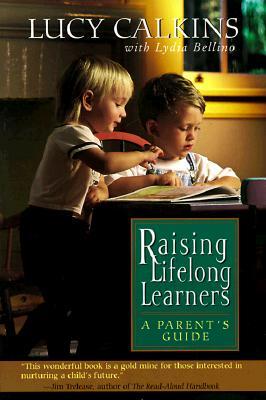
Supporting success in the classroom and the world
Education begins at home and continues within families for a lifetime. Teachers and schools are secondary educators for children. Parents teach life skills and character traits and become the role model for their children in how to navigate the world. From early language to chores, from tying shoes to reading books, from navigating relationships to making food, parents offer their children the greatest tools for life long learning. I’ve listed ten things to do at home with your child to support success in the classroom and the world.
Thanks for reading,
Angie Maxson-DeFeyter
1. Responsibility: Giving your child responsibilities at home that build their confidence and give them a place to give to the family, helps them know they are needed and important.
2. Love: Remembering to tell your child DAILY that you LOVE him/her. It’s extra nice when you can offer them DAILY reasons why you are PROUD of them.
3. Time together: Making sure that you have uninterrupted time together with your child daily to cook, play games, take a walk, or even do chores gives them an opportunity to share with you and shows them you think they are important. Often the most amazing conversations come from time without distractions, such as cell phones.
4. Manners: Teacher your child manners. Saying things like; hello, how are you, thank you, you’re welcome, please, excuse me, may I help you. Doing things like; holding the door, picking up something someone has dropped, offering to help a neighbor, and so on.
5. Practice: When you see your child trying to learn something new offering your support, if wanted, can give them the confidence they need to persevere, whether it’s riding a bike, tying shoes, learning to read, or memorizing math facts. Making mistakes in front of your child and showing her/him how you handle them is priceless as well.
6. Reading: Reading your books in front of your child, reading to your child, and having your child read to you shows them you value books and all they offer.
7. Mutual Respect: Don’t just say you must be respectful. Give your child respect and help them to know why respecting others is essential.
8. Writing: Write in journals, make thank you notes (for gifts, teachers, Ms. Emma, friends), leave kindness notes for others.
9. Health and Wellness: Take hikes, play lawn games, make time in nature, share healthy food, mindfulness, yoga, exercise, join community events.
10. Passion: Share your passions and help them discover their own. My son says, “Expose them to new things so they can find out what they are passionate about.”
 8 Books for Parents:
8 Books for Parents:
Guerrilla Learning: How to Give Your Kids a Real Education With or Without School
Positive Discipline for Teenagers
Positive Discipline A-Z: 1001 Solutions to Everyday Parenting Problems




12 Comments
Can you be more specific about the content of your article? After reading it, I still have some doubts. Hope you can help me.
Thanks for sharing. I read many of your blog posts, cool, your blog is very good. https://accounts.binance.com/register?ref=P9L9FQKY
Thank you for your sharing. I am worried that I lack creative ideas. It is your article that makes me full of hope. Thank you. But, I have a question, can you help me? https://inmensus.com/general/cloudlog-preseleccion-udesa-startup-competition/?unapproved=979&moderation-hash=e44366c11fa708ecc4ddd2225b4c3717#comment-979
Thanks for sharing. I read many of your blog posts, cool, your blog is very good.
Pharmazee I just like the helpful information you provide in your articles
hentaifox I truly appreciate your technique of writing a blog. I added it to my bookmark site list and will
Can you be more specific about the content of your article? After reading it, I still have some doubts. Hope you can help me.
I don’t think the title of your article matches the content lol. Just kidding, mainly because I had some doubts after reading the article.
Thank you for your sharing. I am worried that I lack creative ideas. It is your article that makes me full of hope. Thank you. But, I have a question, can you help me?
I don’t think the title of your article matches the content lol. Just kidding, mainly because I had some doubts after reading the article.
I don’t think the title of your article matches the content lol. Just kidding, mainly because I had some doubts after reading the article.
Thanks for sharing. I read many of your blog posts, cool, your blog is very good.